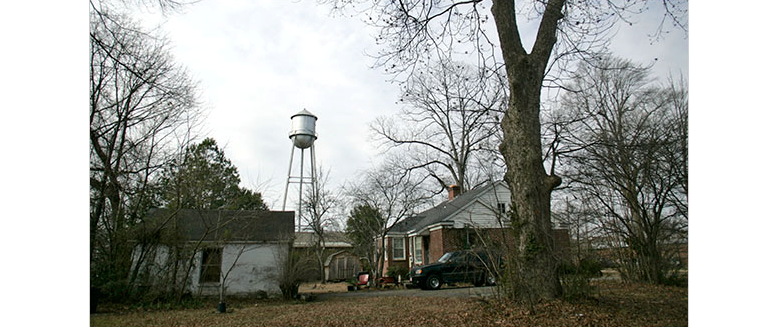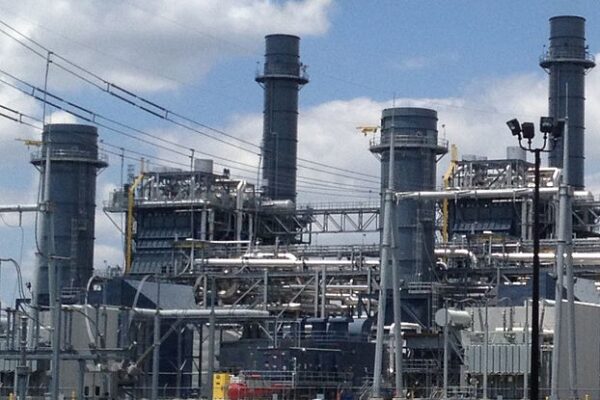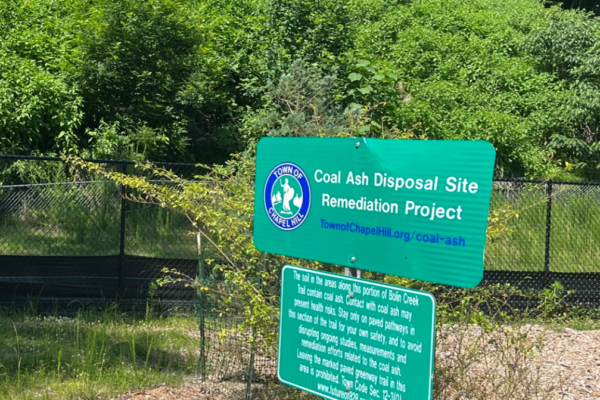Over the next 20 years, North Carolina water and wastewater infrastructure needs are estimated to range from $17B to $26B. The State Water Infrastructure Authority’s (SWIA) Master Plan outlines where investments need to be made to ensure a viable future for NC’s nearly 1,800 public water utilities.
Facts, figures, and historical notes culminate to make the following clear: intentional, forward-thinking investments are key to achieving viable, self-sustaining systems.
Not surprisingly, many of our state’s smaller, more rural towns and municipalities face the greatest challenges when investing in and maintaining their drinking water systems and wastewater facilities. Declining rural populations and the outmigration of businesses reduce a town’s ratepayer base. Many small systems - those serving less than 10K customers – were created when there was more public funding available than there is today. And during those formative days, local water boards did not charge high enough rates to set aside for long-term repair and maintenance needs.
Utilities facing these and other obstacles are deemed "at risk" or “distressed units” - unable to meet their financial, organizational, and/or operational present and future needs. The federal American Rescue Plan Act (ARPA) provides not only much-needed economic relief for individuals and small business owners, but also throws a lifeline to states struggling to provide necessary funding for public water and sewer infrastructure projects.
Of the $8.6 billion NC is slated to receive in ARPA funding, the NC General Assembly appropriated $1.69B directly for drinking water, wastewater, and stormwater projects. Over $350 million is set aside specifically for “distressed” utilities.
While the ARPA federal assistance is essentially “free money” for NC water and wastewater systems to make needed infrastructure investments, Clean Water for NC (CWFNC) staff understands that many small government units may not have the staffing or technical capacity needed to navigate the application process.
Since February 2022, CWFNC's Water Justice Program Director, Rachel Velez, has been speaking directly with local governments about this unprecedented injection of federal funds for our state's most rural and underserved municipalities. Assistance provided includes sharing information about the types of projects eligible for funding, how to navigate the application process, where to attend Application Training sessions hosted by Division of Water Infrastructure (DWI), and how to work directly with DWI staff on a one-on-one basis to complete the application.
With the Fall 2022 funding round just opening up, we continue on our mission of speaking with each of the 94 "distressed" local government units to ensure they have every opportunity possible to submit competitive proposals and secure much needed drinking water and sewer infrastructure for their communities.






